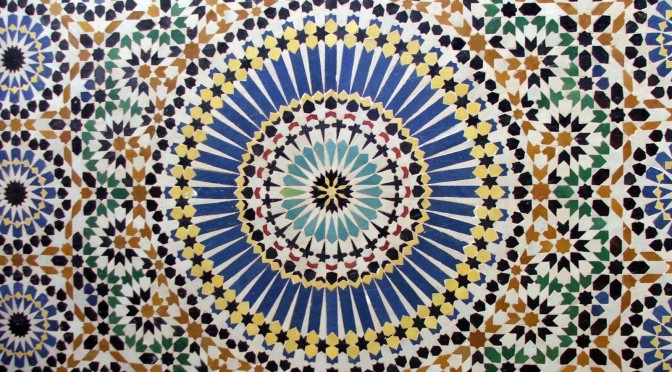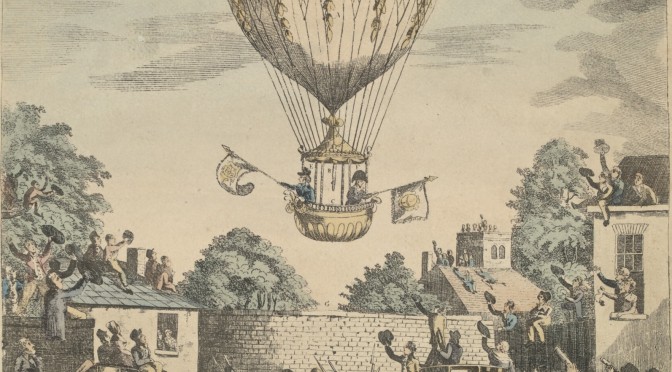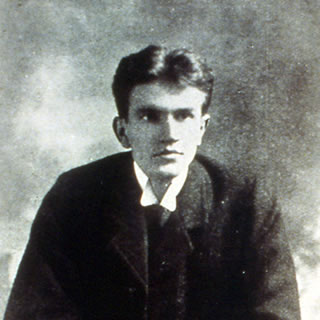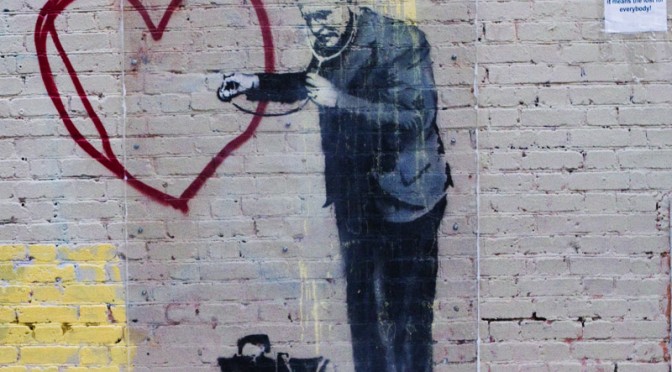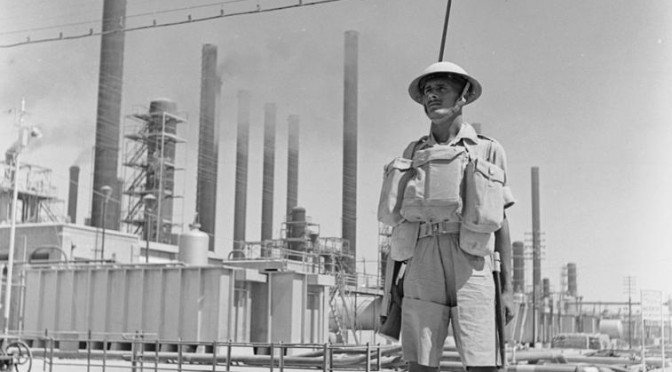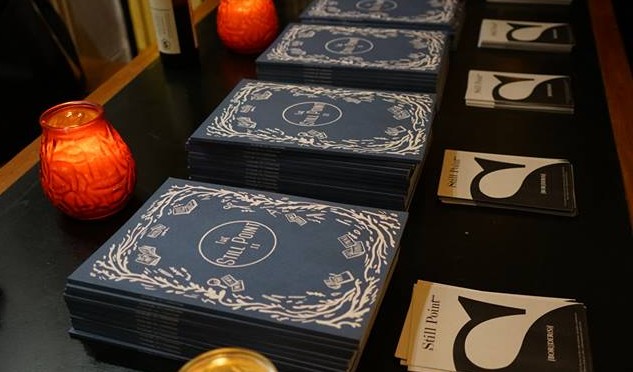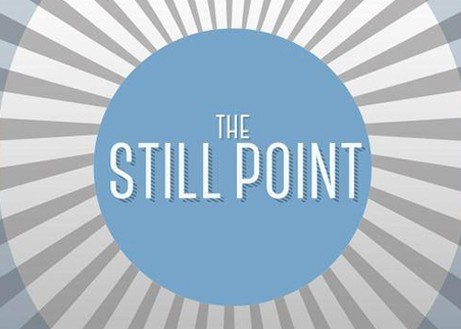by Faten Hussein and Neil Vickers in conversation
Faten Hussein (FH) is a LAHP-funded doctoral researcher in Comparative Literature and the Medical Humanities at King’s College London. Her research investigates representations of illness in Arabic literature. She is specifically interested in what literature reveals about cultural and social attitudes towards illness, and the political, social, and economic determinants in access to health. She is about to take up a fellowship with the House of Common’s International Development Committee, through the Parliamentary Office for Science and Technology (POST).
Dr Neil Vickers (NV) is Reader in English Literature and the Medical Humanities at the Department of English, and co-director of the Centre for the Humanities and Health. He is associate editor of the journal Medical Humanities, published by the British Medical Journal group.
NV: Hello Faten. It’s a real privilege to be able to discuss your work with you, and to bring it to wider public notice through this blog interview. Why don’t you begin by telling our readers what you work on?
FH: I work on written accounts of illness from the Arab world. These can be fictional or autobiographical and in any form, so long as illness has a central place in them.
Continue reading The long read: Arabic illness narratives and national politics

